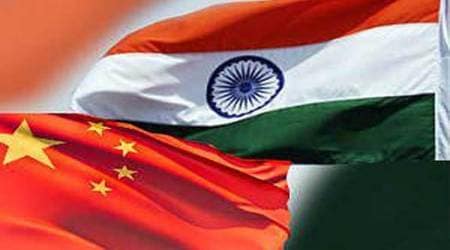 Former World Bank chief economist Kaushik Basu (File)
Former World Bank chief economist Kaushik Basu (File)
India should not retreat from the quality of polity and the freedom of speech, the keystones of democracy, former World Bank chief economist Kaushik Basu said in Mumbai on Friday. “Indian leaders may be concerned about the increasing incidents of lynchings in the country, but that concern has to translate into policies on the ground so that India does not retreat in terms of society, quality of polity, quality of institutions and freedom of speech,” said Basu, speaking at the 23rd Lalit Doshi Memorial Lecture here.
Basu, Professor of Economics and C Marks Professor at Cornell University and former Chief Economic Advisor to the Manmohan Singh government, said that the freedom of speech is India’s “heritage” and we must try to “keep up” with it as it was a good time for India and its economic prospects look good. Expressing concern at the “social side” of India, Basu said that the incidents like lynchings worry him.
“There is an increase in the amount of news of that kind. We don’t want that to happen in India. India was a society that was poor, but it was respected for its scientific temper, for its research. We do not want to backtrack on that.”
“We live in a modern world. We should be proud of our heritage. If we retreat, it will affect not only the quality of social life, but even the economy. Social damage to an economy can take much longer to correct than a demonetisation or a wrong economic move that can be corrected,” he added.
Basu said it was a good time for India and it should protect freedom of speech. “India is proud that it allows freedom of speech,” said Basu. On demonetisation, he said that the Modi government’s November 8, 2016 move to declare old currency notes of Rs 1,000 and Rs 500 invalid was not prudent and had slowed India’s growth in the short term.
“In demonetisation, there was a flaw in our analysis and what was done. Fortunately, its cost was not long-run, but merely short-term. But short-term cost, for an emerging economy with a lot of poor people, is indeed a serious cost… I expect India’s growth would have crossed 8 per cent, but now we are at 6.1 per cent.”
“We will probably remain low for some more period as the shock works through, but fortunately it is a one-time shock . If we don’t make a similar mistake, it will go away and the other things will kick in,” said Basu.







